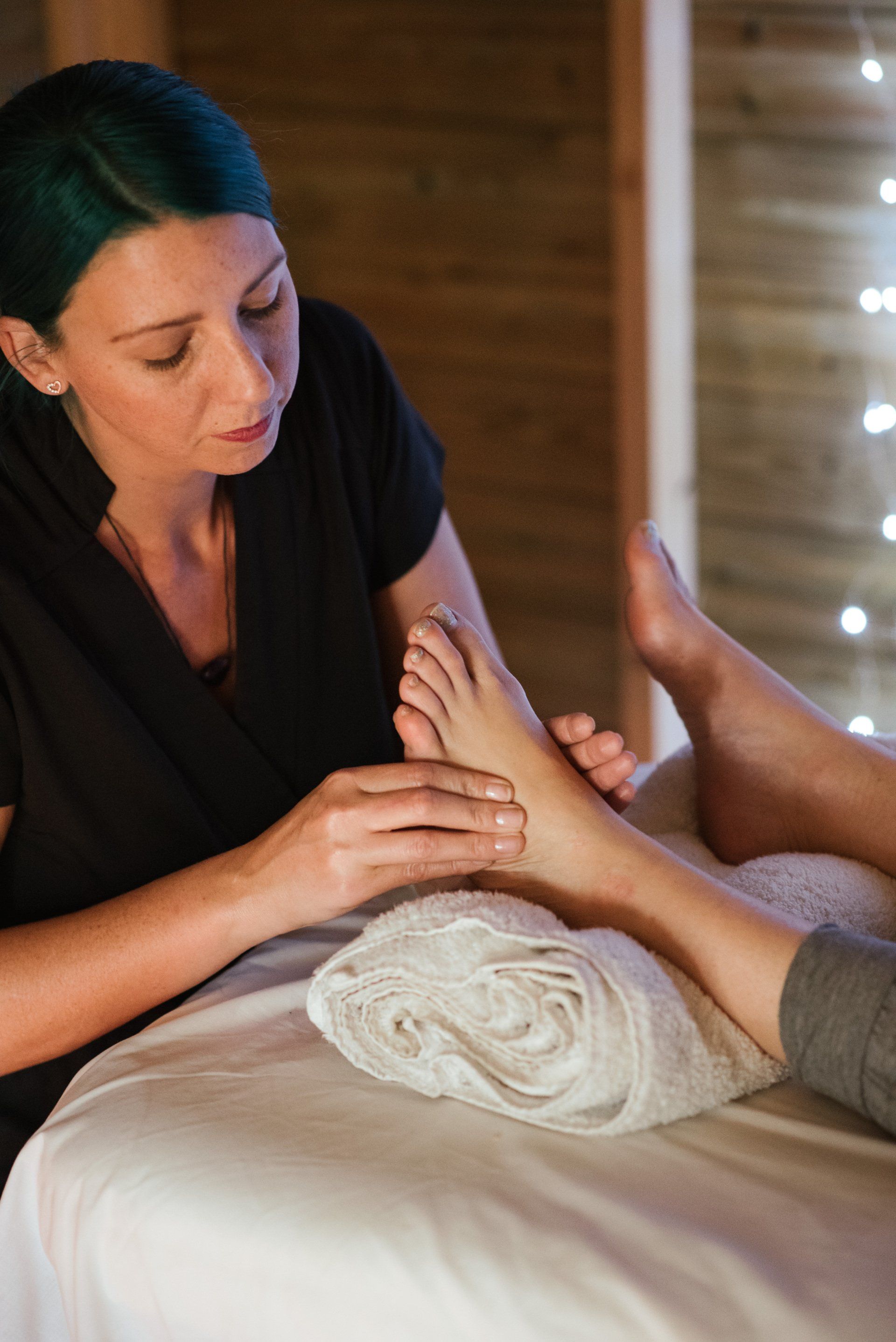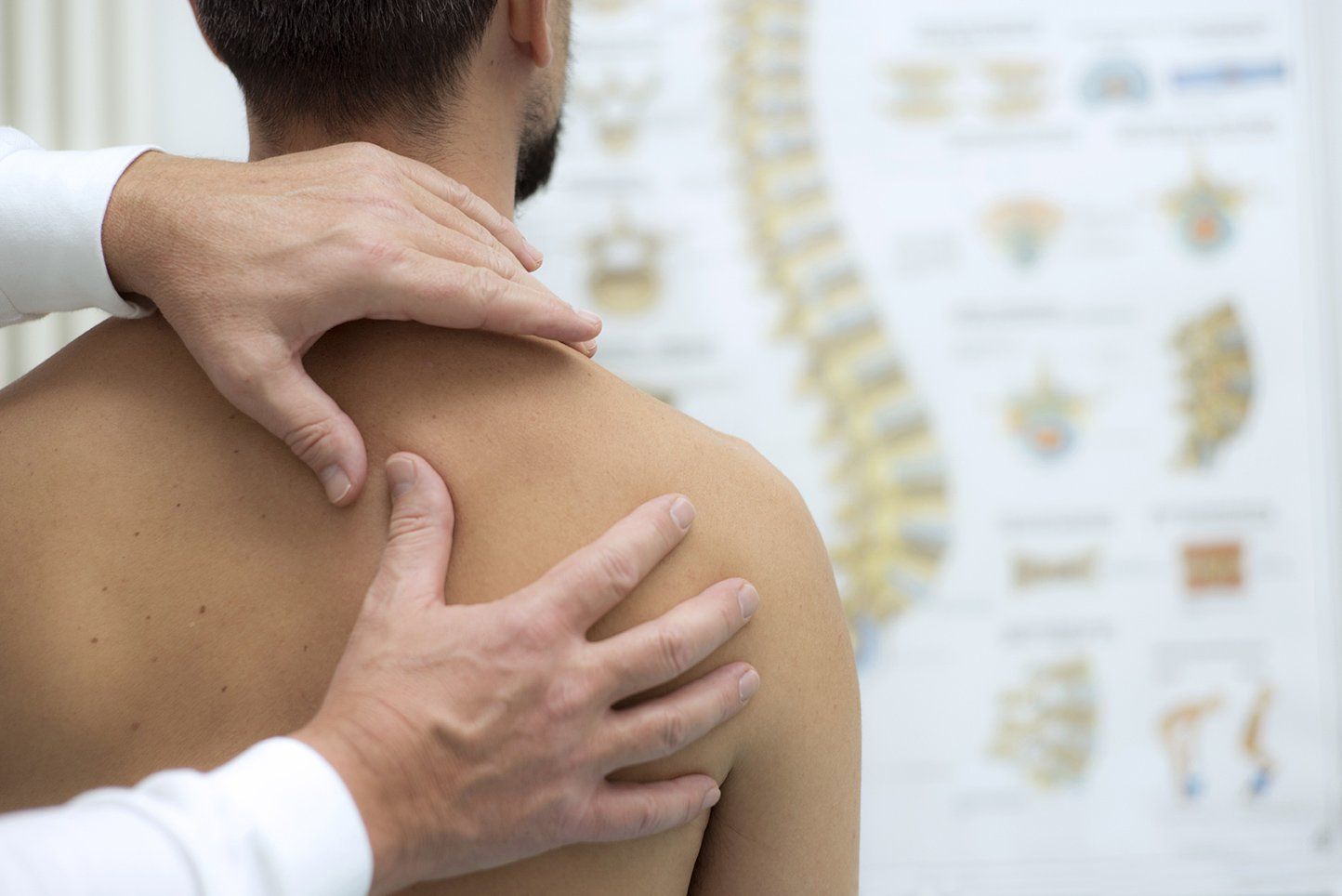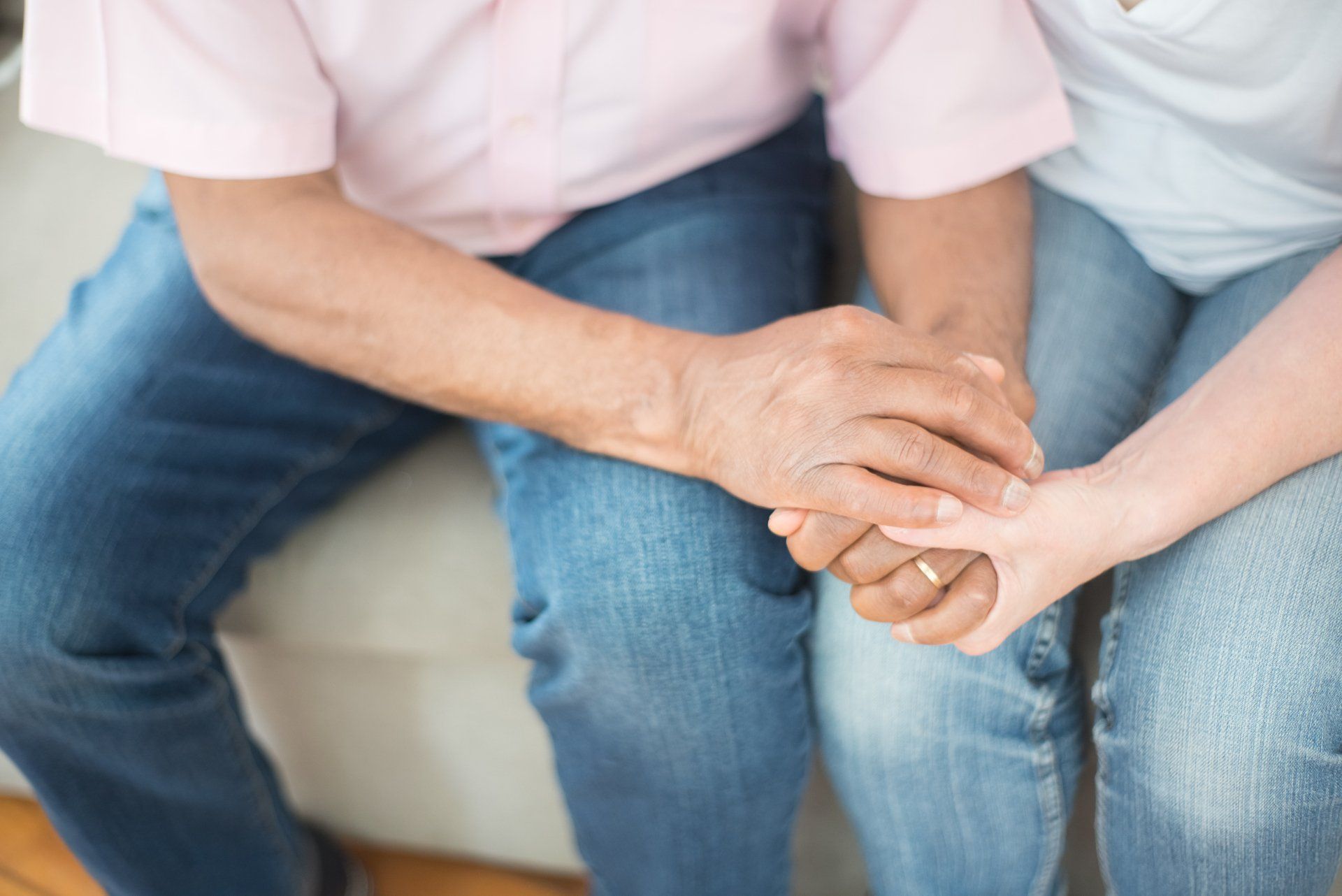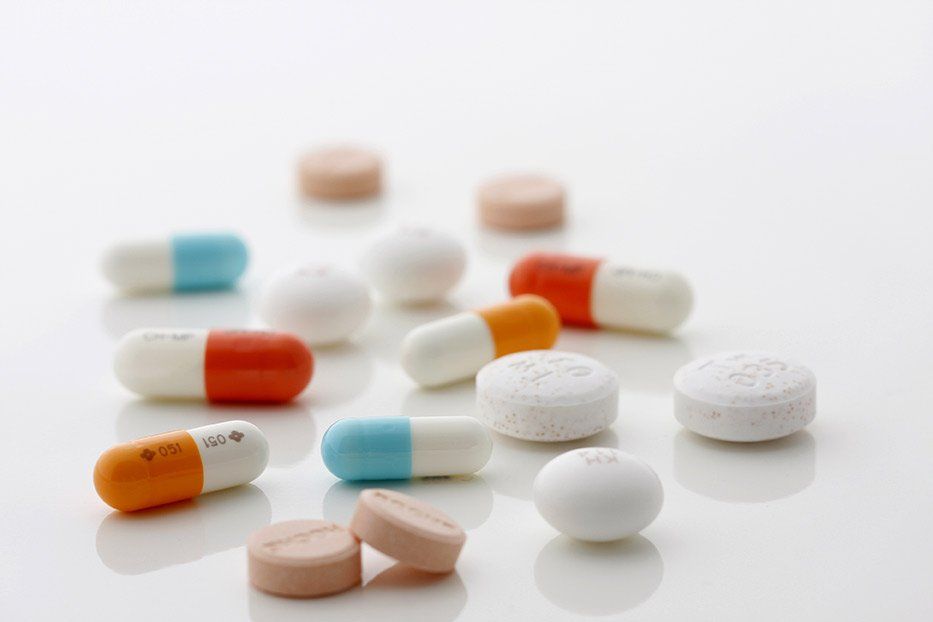Acupuncture
Acupuncture
Acupuncture is a popular form of alternative therapy and a major element of traditional Chinese medicine, where thin, sterile needles are inserted directly into the human body. Acupuncture lacks modern research evidence but has long been used by thousands of people all over the world to alleviate pain and treat a variety of ailments. Acupuncture is also a pseudo-science, the practices and theories of TCM are completely based on beliefs, and although there is some evidence to suggest that acupuncture does have some effect in reducing pain and enhancing healing, it is still considered quackery by many mainstream medical practitioners.
There is some evidence that acupuncture may be effective for conditions such as headaches, insomnia, high blood pressure, asthma, fibromyalgia, sciatica, chronic headaches, PMS, nausea, low back pain, and menstrual pains. These conditions are all said to be associated with the flow of 'qi' or energy through the body, or simply said to be a result of an imbalance of this energy. However, there are very limited studies on the subject. Acupuncture has also been shown to reduce depression, anxiety and stress, as well as improve self-esteem in patients. It appears to be effective for those suffering from chronic headaches, especially during the morning hours, and has been shown to help relieve the symptoms of PMS and relieve pain during labor on the morning after giving birth.
Acupuncture may also be effective in treating nausea and the discomfort that come with pregnancy. Acupuncture may also be used to treat some forms of cancer, including prostate, breast, melanoma, rectal and bladder cancer. There are very limited studies on the use of acupuncture in the treatment of gastrointestinal tract diseases, although there are some reports of success, especially for irritable bowel syndrome and Crohn's disease. Acupuncture should not be taken with any medication that is contraindicated, nor should you be using it if you have a history of allergic reactions to garlic or onions.
If you are interested in trying acupuncture for your chronic pain, you should find an acupuncturist who uses traditional Chinese medicine. Acupuncturists must have received specialized training in Traditional Chinese Medicine or TCM and be licensed by the acupuncturist association in your area. Some of the ailments that may be treated with acupuncture include migraines, asthma, heart problems, arthritis, chronic pain, menstrual disorders, stress, low back pain, skin disorders such as acne and psoriasis, as well as digestive problems such as gallbladder disease, liver problems and upset stomach. The exact methods used will vary according to the acupuncturist's experience, and your particular condition.
If you suffer from nausea or chronic pain, you can get relief through acupuncture. In the study of Traditional Chinese Medicine, nausea is believed to be caused by a blockage of energy along the energy pathways of the body called meridians. Acupuncture has been shown to be an effective treatment for various types of maladies including nausea and menstrual cramps. If you suffer from digestive problems, particularly diarrhea and constipation, you should consult your regular dentist before trying acupuncture to relieve these symptoms.
Although acupuncture has many advantages over other alternative and complementary forms of medicine, there are some common side effects when you give acupuncture treatments. Some of these side effects are mild and transient and do not require immediate medical attention. Other side effects, however, can include allergic reactions, increased blood pressure, skin rash, and increased heart rate. There have been cases, especially with the newer types of needles used in acupuncture, where the needles have punctured the skin and become infected. You should consult your doctor before trying acupuncture on your own.

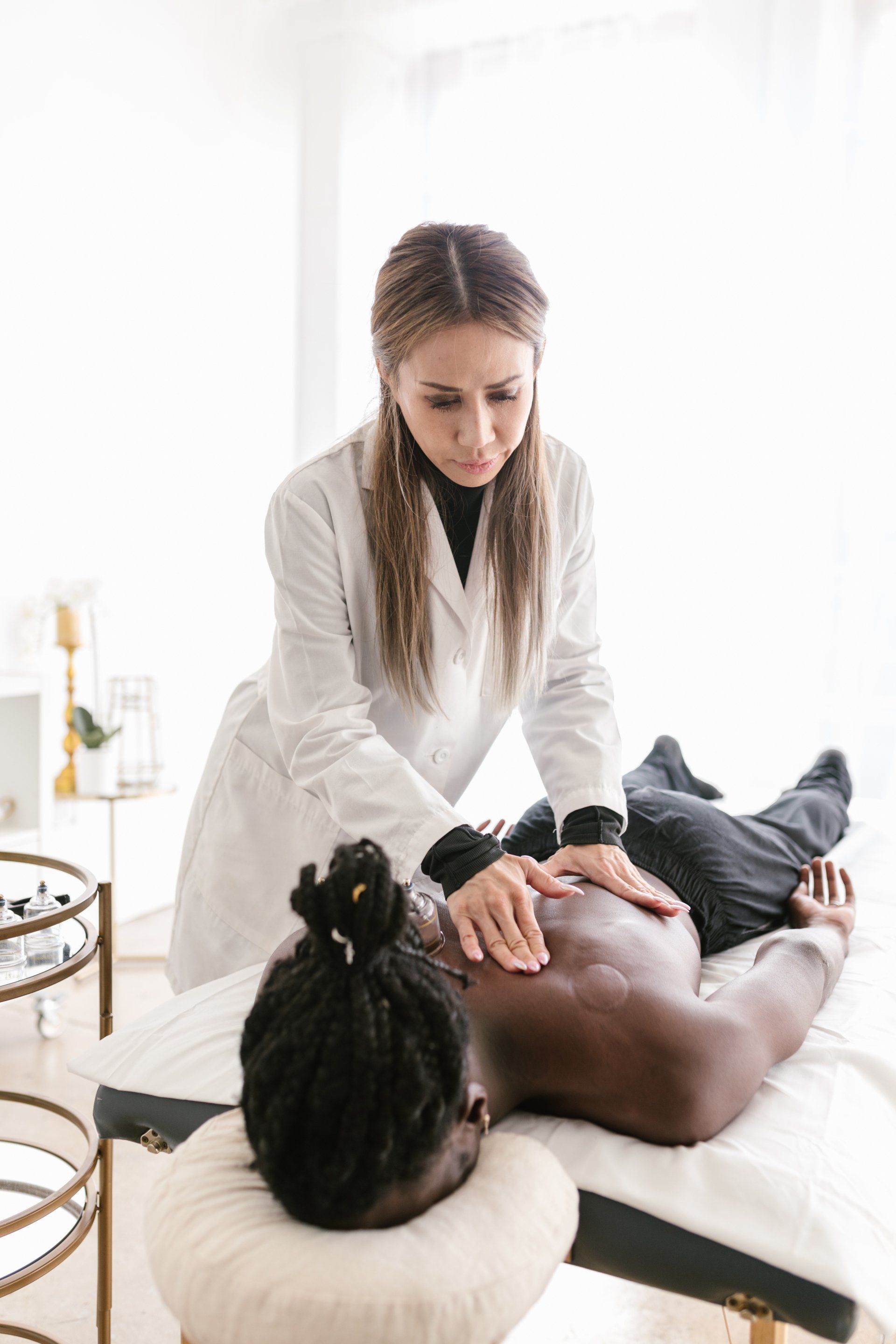


SERVICES
QUICK LINKS
CONTACT
(780) 215-0570
reception@blackgoldptclinic.com
8530 Manning Ave, Fort McMurray, Wood Buffalo, AB, Canada
(780) 215-0570
reception@blackgoldptclinic.com
